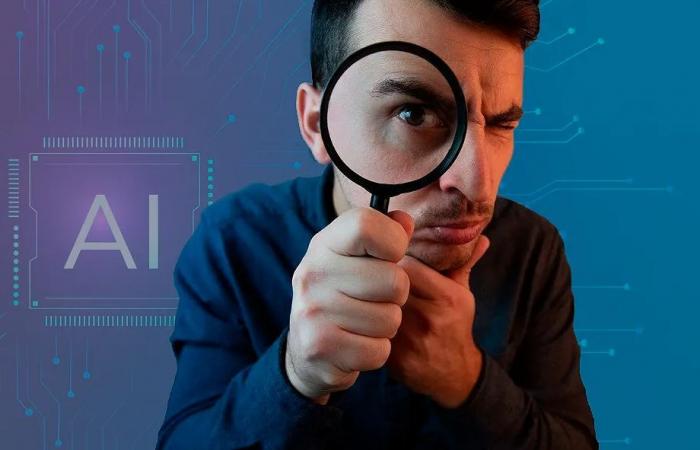The arrival of artificial intelligence to search engines has marked a significant milestone in the evolution of web positioning and SEO strategies. This technological advancement has not only redefined the way users interact with online information, but has also profoundly transformed the role of the SEO specialist.
Artificial intelligence has profoundly transformed the way search engines process and present results. By integrating increasingly sophisticated and adaptive algorithms, search engines can now better understand the intent behind user queries, resulting in the delivery of more relevant and personalized results. However, implementing AI in SEO also comes with significant challenges. Algorithmic changes are unpredictable due to the ability of machine learning algorithms to adjust and evolve unpredictably. This requires SEO specialists to maintain constant adaptability to respond effectively to updates and changes. Additionally, AI can increase the complexity of SEO, requiring professionals in this field to develop more advanced technical and analytical skills. This is crucial to address emerging challenges and take advantage of the opportunities that artificial intelligence offers in optimizing search engine visibility and performance.
Despite advances in artificial intelligence, the figure of the SEO specialist is still essential
SEO professionals are not only responsible for technically optimizing the content and structure of a website to make it more accessible and relevant to search engines, but also play a crucial role in the strategic interpretation of the data obtained. Modern SEO is no longer limited to just keyword and metadata optimization. Now, it involves understanding how AI interprets content and how this affects your online visibility. SEO professionals must be equipped with analytical skills to interpret data generated by AI algorithms and make informed decisions about optimization strategies. In fact, currently, 67% of marketers use artificial intelligence in their SEO strategies. It is projected that by 2023, 80% of SEO specialists will be integrating AI into their activities. 63% of SEO experts believe that AI will help improve the efficiency of their processes, while 57% expect AI to assist them in creating higher quality content.
Overall, AI has transformed the SEO landscape, presenting both challenges and opportunities. SEO specialists who can adapt to these changes and harness the power of AI effectively will be the ones who thrive in the future of digital marketing.
Without a doubt, artificial intelligence offers a number of significant benefits for SEO. It improves data analysis by providing speed and efficiency, allowing SEO specialists to accurately identify user behavior patterns, preferences, and emerging trends. Additionally, AI algorithms have the ability to better understand the intent behind user queries, resulting in a noticeable improvement in the relevance and personalization of search results.
AI also automates repetitive tasks such as data analysis and reporting, freeing up time for SEO specialists to focus on more strategic and creative activities. This automation capability not only increases operational efficiency, but also contributes to the generation of more effective and engaging content for users, which can boost conversion rates and target audience engagement. However, despite these advances, creativity and strategic ability continue to be essential in the field of SEO. While AI can take over certain aspects of the process, such as data analysis and reporting, the human ability to develop innovative strategies remains indispensable in an increasingly competitive digital environment.
In this sense, data from different studies reveal that the incorporation of AI in SEO strategies can increase organic traffic by up to 30%. It is projected that by 2025, AI will drive approximately 50% of organic traffic. Using AI tools to optimize content can raise conversion rates by up to 5%. Currently, 52% of companies are investing in AI SEO tools. The global market for these tools is anticipated to reach $13.4 billion by 2026.
Not surprisingly, the complexity added by AI poses significant challenges but also great advantages. Artificial intelligence is presented as a powerful tool for both search engines and SEO professionals, playing a dual role: a defense weapon for search engines and an attack weapon for SEOs.
While artificial intelligence has profoundly transformed the SEO landscape by introducing advanced tools and additional complexities, the figure of the SEO specialist remains essential. His ability to interpret data, develop innovative strategies and keep up to date with technological advances ensures that SEO remains an integral and effective part of any digital strategy.






